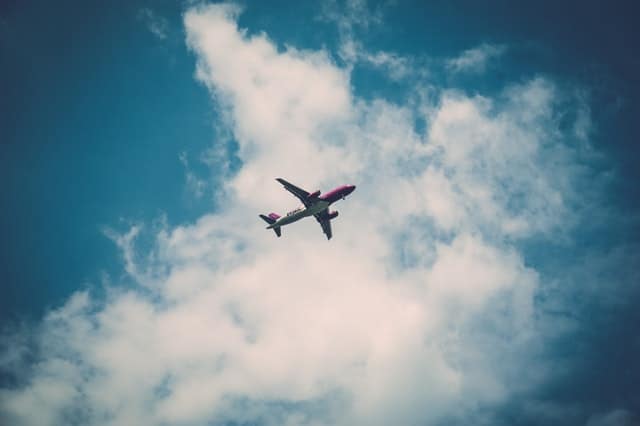The long stretch of time between New Year’s and Memorial Day is just calling out for a vacation. Once you give in and book those spur of the moment flights, it is time to prepare. What more is there to do besides pack your carry-on bag and print the boarding passes? Your Tucson audiologist would argue that it is just as important to arm yourself with the knowledge needed to protect yourself against airplane ear.
What is Airplane Ear?

Known technically as barotitis media, airplane ear is the sensation of ear pain, a stuffed up ear and hearing loss many people experience while flying. It occurs when there is a change in air pressure within the inner ear, normally during takeoff or landing. This change prevents the eardrum from properly vibrating.
The Eustachian tube connects your middle ear with a small opening at the top of your throat. This tube enables your ear to regulate pressure. Since airplanes change pressure often and without warning, your Eustachian tube often cannot respond quickly enough.
Can You Prevent Airplane Ear?
There are a number of methods your Tucson audiologist recommends to prevent airplane ear.
Yawning and swallowing during takeoff and landing will help to activate the muscles that open the Eustachian tube. Chewing gum or sucking on a mint can help activate these muscles as well.
The valsalva maneuver can help equalize the pressure within your ears and the airplane cabin. This can be done by blowing your nose while pinching your nostrils and keeping your mouth closed. This should be repeated several times.
Try to stay awake during takeoff and landing, as this ensures you are able to use these methods when needed.
There is always a chance you could follow these steps and still develop airplane ear. The good news is that it will usually go away on its own, especially after your plane lands. If the symptoms don’t resolve within a few hours or if you are experiencing severe ear pain, tinnitus or vertigo, you should see your Tucson audiologist.
To learn more about preventing airplane ear symptoms or to schedule an appointment, contact your Tucson audiologist today.